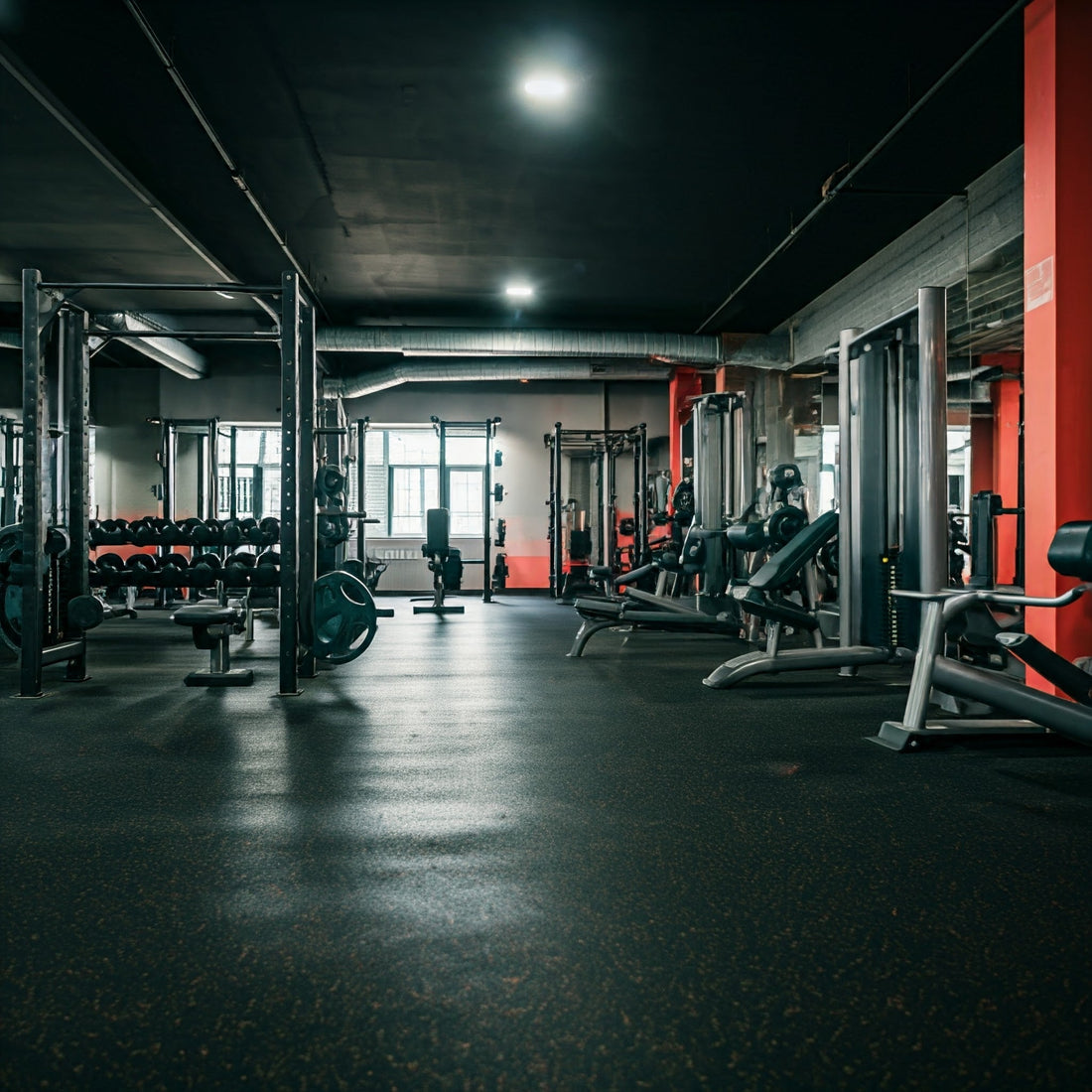As a healthcare professional with extensive experience in both medicine and fitness, I've frequently been asked by patients and clients about the safety and efficacy of creatine supplementation, which is one of the most popular supplements among athletes. This common query, particularly regarding its suitability for adolescents, warrants closer examination. Let's delve into the science behind creatine and assess its potential benefits and risks for young individuals.
The potential benefits of creatine supplementation include:
- Enhanced athletic performance: Creatine can significantly improve performance in short-burst, high-intensity activities like weightlifting, sprinting, and interval training.
- Faster recovery: By aiding in muscle recovery, creatine can help reduce muscle soreness and fatigue, allowing for more frequent and intense training sessions.
- Injury prevention: Studies show that creatine users experience significantly less incidence of muscle tightness, muscle strains, and total injuries, compared to athletes who don’t ingest creatine supplements.
- Enhanced tolerance to exercise in the heat: Creatine monohydrate has osmotic properties, meaning that it helps retain fluid in the body. Studies show that creatine supplementation increased intracellular water and reduced heart rate, sweat rate, etc. during prolonged exercise in the heat, consequently assisting with hydration and reducing risk of heat-related illness.
- Enhanced rehabilitation from injury: Creatine supplementation has been shown to decrease the amount of muscle atrophy associated with immobilization, while promoting greater gains in strength during rehabilitation.
- Brain and spinal cord neuroprotection: The risk of concussions when participating in contact sports is an international concern
Although still in its testing phase, creatine has shown to have protective abilities in regard to traumatic brain injury, cerebral ischemia, and spinal cord injury.
How much Creatine do I need?
For individuals who eat meat and/or fish, the creatine levels in your muscles are about 60-80% saturated. That means that you need to increase muscle creatine by 20-40%. It's reportedly easier to retain creatine levels if you ingest creatine together with carbohydrate or carbohydrate and protein. To start saturating the muscle creating levels, ingest 5g of creatine monohydrate (approximately 0.3g/kg or 0.66g/lb body weight) four times daily for 5-7 days. After the muscle creatine stores are fully saturated, they can generally be maintained by ingesting 3-5g daily. That being said, if you’re a larger athlete or a vegetarian, you may need 5-10g/day. Please read the supplement label for specific intake instructions.
Hopefully now you feel more knowledgeable about creatine and its effects on your body. Don’t forget to follow and like us on Facebook and Instagram! If you have any questions, or would like to discuss any other topics, feel free to send your comments or concerns our way!
Have Fun, Train Hard, Succeed!
Like us on Facebook and Instagram. Become part of the ACTOS community and visit myactos.com for further tips and resources.
Gaspar
ACTOS, Performance Innovation
*Dr. Gaspar A. Rosario is a seasoned healthcare expert with a Doctorate in Health Sciences and over a decade of clinical experience. His certifications in Weight Management, Performance Enhancement, and Exercise Therapy from the ISSA, coupled with his diverse medical background, position him as a trusted authority in the field.
References
https://www.health.harvard.edu/exercise-and-fitness/what-is-creatine-potential-benefits-and-risks-of-this-popular-supplement
https://pmc.ncbi.nlm.nih.gov/articles/PMC7922146/#B1-nutrients-13-00664
https://pmc.ncbi.nlm.nih.gov/articles/PMC5469049/

